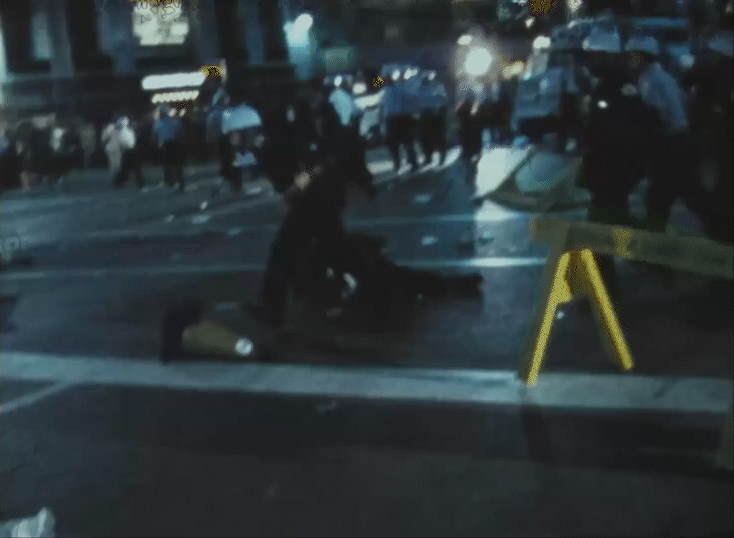Why do Democrats underestimate anti-war movements?
On student activism, administrative authoritarianism, and the same old oversights
So much for “listening tours.” This week at Public Seminar, our authors probe the lessons politicians refuse to learn—even when voters are yelling what they want at the top of their lungs.
On college campuses, Govind Srivastav reports on how student encampments have asked institutions to prioritize community accountability over financial metrics, while Jessica Storey-Nagy examines the authoritarian doublespeak of university administrators.
Abby Lloyd reflects on a Democratic “vibe shift” that hasn’t changed the party’s tendency to dismiss anti-war mobilizations like the Uncommitted Movement—even when protestors have made every effort to play by the rules.
And Henry Tonks considers the industrial-policy revival of the Harris campaign and the rocky forgotten history of “liberalism that builds.”
What Democrats Lose in Ignoring the Uncommitted Movement
Abby Lloyd
When commentators described their fear of discord and violence and how they might affect the 2024 DNC, what they meant was that they feared the possibility of violent pro-Palestine protests, the optics of disunity, and the prospect that Democrats might lose in 2024, as they did in 1968. What commentators did not acknowledge is that the violence in 1968 was the result of a police riot, with cops killing, beating, and terrorizing peaceful protestors. In bringing up 1968 as a cautionary tale, political pundits unintentionally highlight the striking parallels between the incredibly unpopular and politically toxic war in Vietnam and America’s current support for Israel’s war in Gaza.
All IU Faculty, Staff, and Students Are “Safe,” but Some Are Safer Than Others
Jessica Storey-Nagy
If faculty, for instance, do not have the sanctioned ability to verbalize institutional pitfalls only they can see, those pitfalls will not be addressed and may cause other problems. Administrative failures can leave faculty unable to carry out research, or without funding. In turn, they leave or talk about early retirement. They divest from the academy. Citizens living in increasingly authoritarian governments do the same.
A Glimpse at Industrial Policy Under Harris’s Leadership
Henry Tonks
New Liberals are easily depicted as architects of a Democratic turn away from the state. Certainly, they put rhetorical distance between themselves and liberalism’s legacy of “big government.” “He is a leader of post–New Deal Democrats,” one aide to [Gary] Hart noted, in a memo planning the senator’s 1984 presidential campaign. (The aide added parenthetically: “Whatever that means.”)
But the New Liberals coalesced in the 1980s specifically around advocacy for industrial policy, and American liberalism since the New Deal was defined as much by economic developmentalism as by welfare policies and redistribution.




